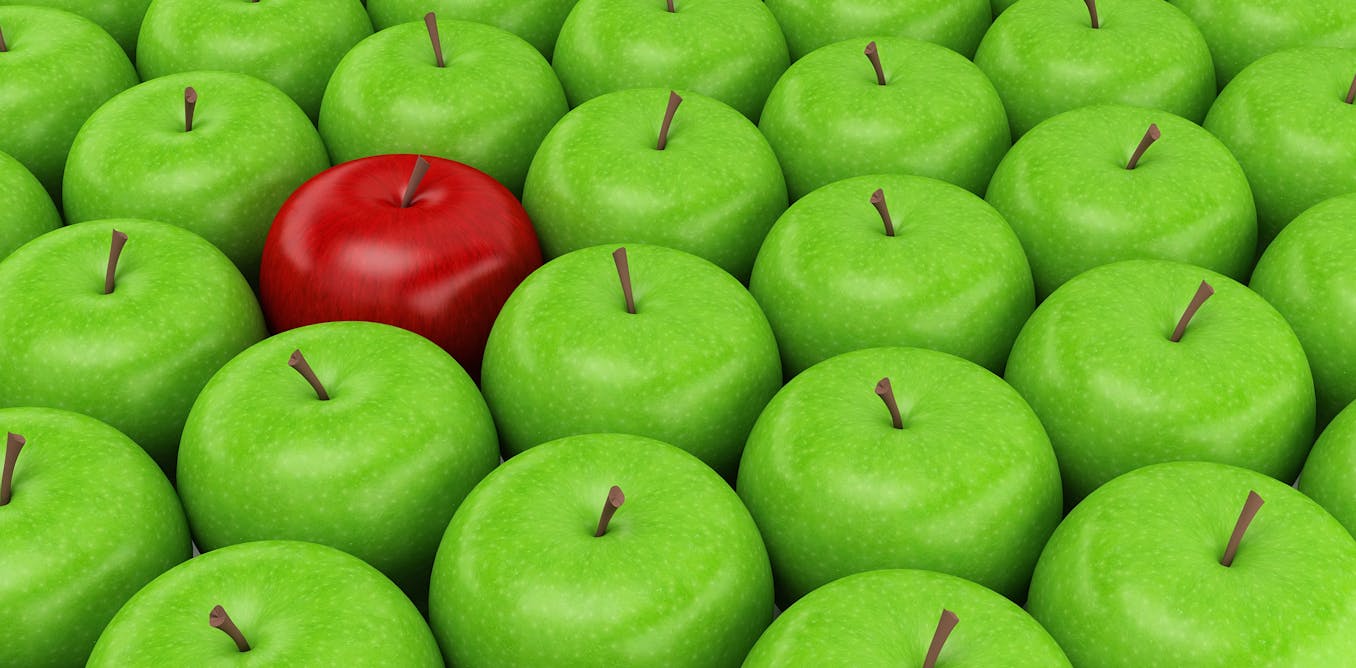OpenAI's GPT-4 performs well in terms of math and hallucination rates compared to other AI models, but it is less effective at hedging its answers, according to a report by Arthur AI.
Google DeepMind has commissioned 13 artists to create diverse and accessible art and imagery that aims to change the public’s perception of AI, countering the unrealistic and misleading stereotypes often used to represent the technology. The artwork visualizes key themes related to AI, such as artificial general intelligence, chip design, digital biology, large image models, language models, and the synergy between neuroscience and AI, and it is openly available for download.
Artificial intelligence (AI) programmers are using the writings of authors to train AI models, but so far, the output lacks the creativity and depth of human writing.
AI models are becoming more general purpose and can be used as powerful, adaptable tools in various fields, not just for the specific tasks they were initially trained for, opening up new possibilities for AI applications.
A second-year undergraduate student, Hannah Ward, has used AI tools like Chat GPT to analyze 120 transcripts and generate 30 distinctive patterns and new insights, showcasing the potential of AI in revealing remarkable new information and aiding curious learning.
Microsoft has introduced the "Algorithm of Thoughts," an AI training method that enhances the reasoning abilities of language models like ChatGPT, making them more efficient and human-like in problem-solving. This approach combines human intuition with algorithmic exploration to improve model performance and overcome limitations.
Large language models like GPT are revolutionizing the practice of introspection, amplifying human capacity for thought and offering fresh perspectives, but also raising ethical questions about authorship and the nature of human thought.
A team of researchers from Humboldt University of Berlin has developed OpinionGPT, an AI model intentionally tuned to generate outputs with expressed bias, but the model's biased responses may not accurately reflect real-world bias.
Meta is developing an AI model aimed at competing with OpenAI's GPT-4, signaling an intensification of the AI arms race as Meta strives to catch up with its rivals.
Generative AI models that "hallucinate" or provide fictional answers to users are seen as a feature rather than a flaw, according to OpenAI CEO Sam Altman, as they offer a different perspective and novel ways of presenting information.
Artificial intelligence chatbots, such as ChatGPT, generally outperformed humans in a creative divergent thinking task, although humans still had an advantage in certain areas and objects, highlighting the complexities of creativity.
Generative AI tools like GPT-4 and Dall-E 2 can revolutionize the gaming industry by creating thousands of unique assets for game worlds, improving immersion and reducing costs for developers.

